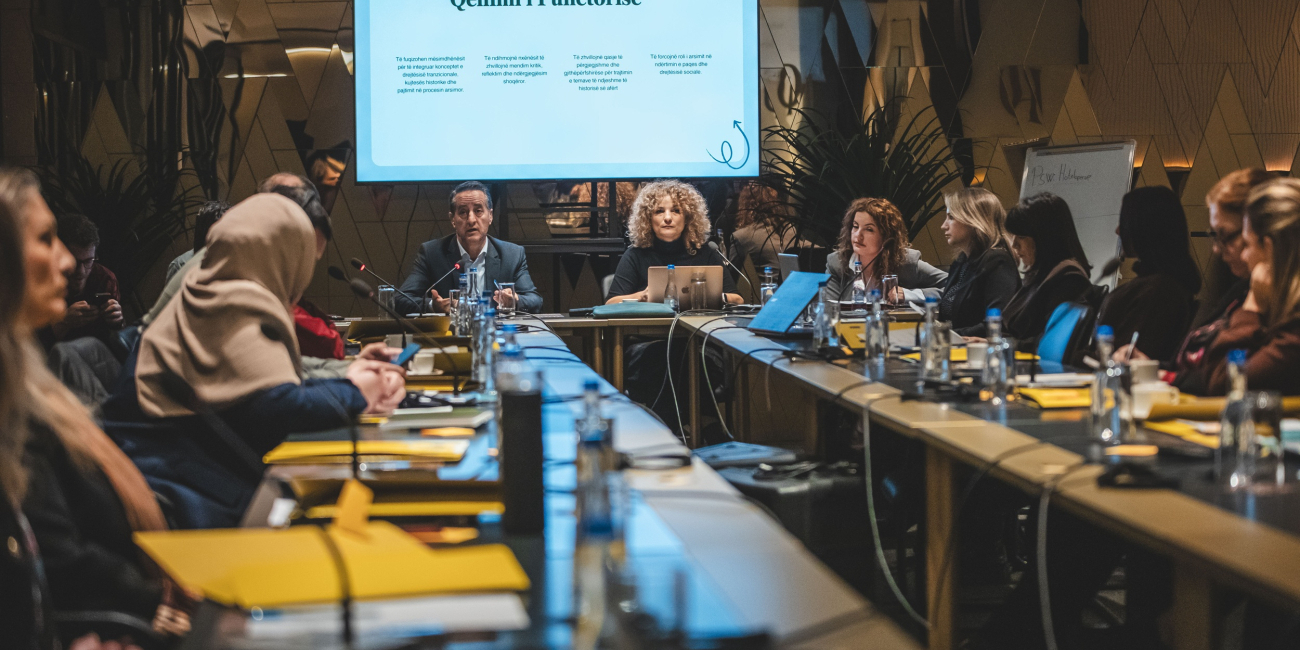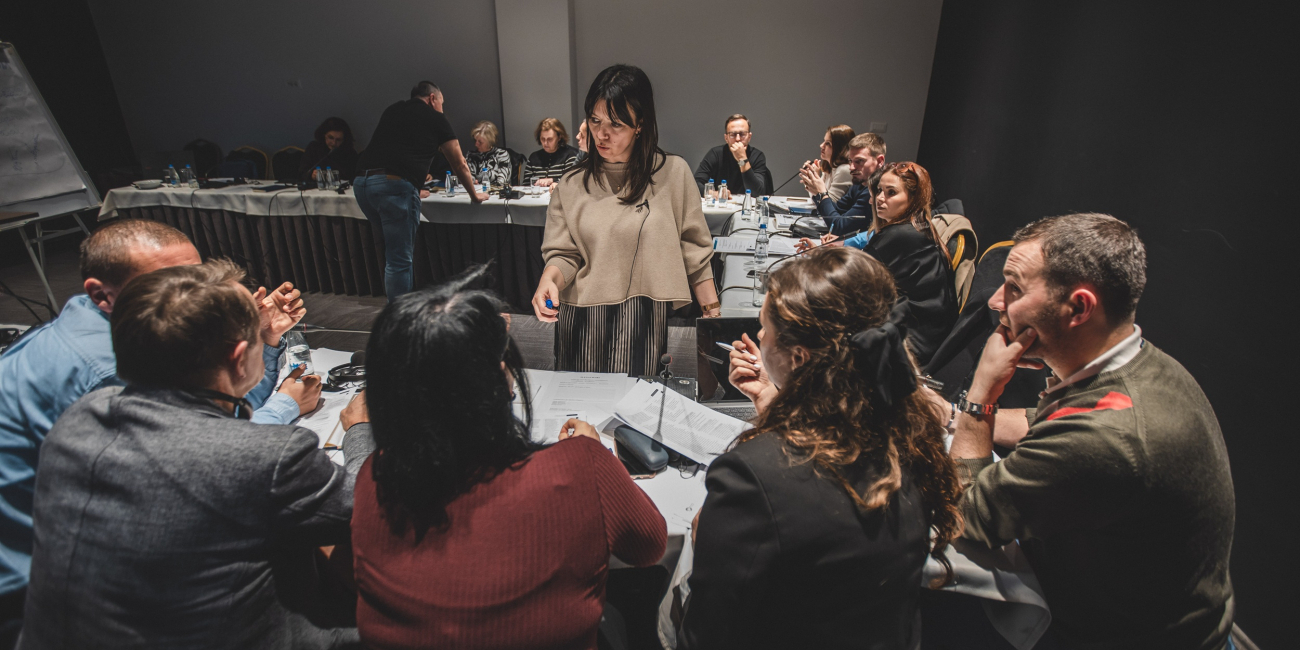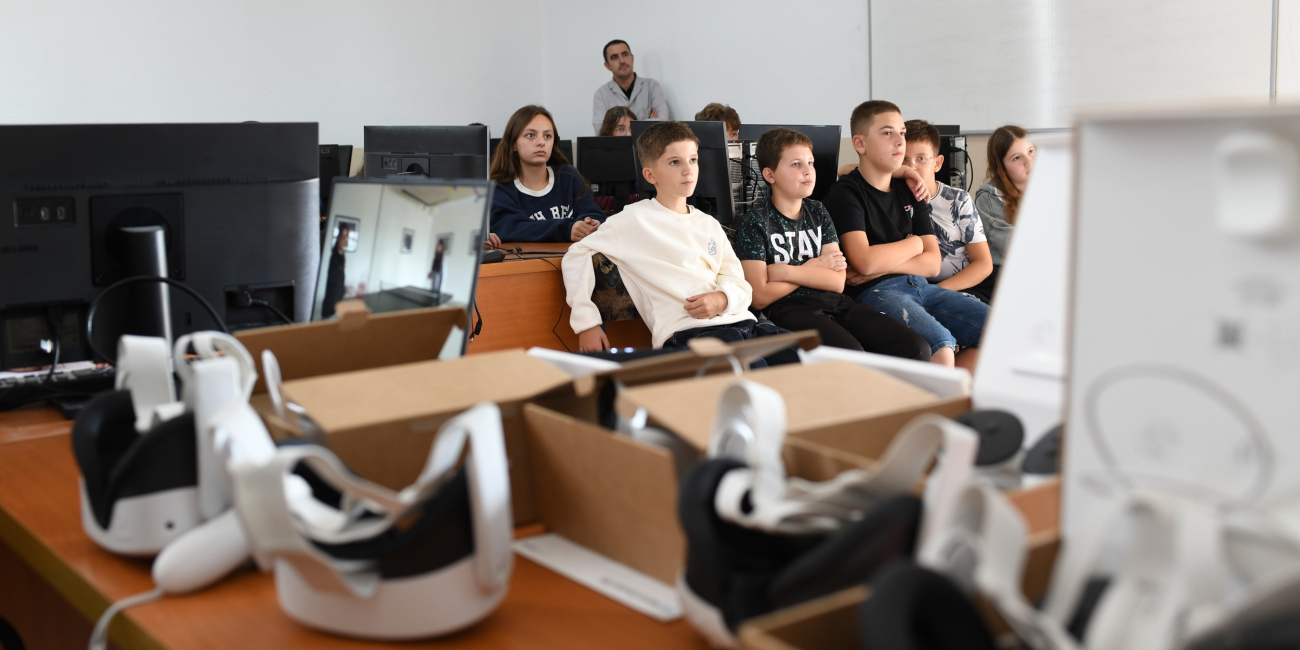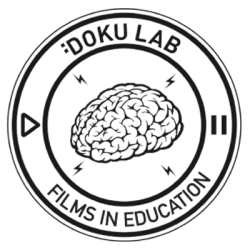PREPARATIONS FOR MEDIA LITERACY WORKSHOP
Although the digital age has facilitated access to data and information, and has accelerated and improved reaching the audiences, at the same time through new technologies, it is constantly challenging professional journalism with so-called fake news fueled with hate-speech, prejudices and stereotypes. The prejudices and constant stereotyping are continuously strengthened and fuelled by unethical media platforms distributed by individuals primarily through social media and new technologies.
In the light of the epidemiological situation between 1 and 16 December project partners met up online to talk about upcoming activities and future initiatives. As the “How Do I See You?” project has a segment that is dedicated to Media Literacy and Media Monitoring, partners of the project proposed to organize an online workshop on Digital Media Literacy with previous project participants from Kosovo and Serbia.
Although the digital age has facilitated access to data and information, and has accelerated and improved reaching the audiences, at the same time through new technologies, it is constantly challenging professional journalism with so-called fake news fueled with hate-speech, prejudices and stereotypes. The prejudices and constant stereotyping are continuously strengthened and fueled by unethical media platforms distributed by individuals primarily through social media and new technologies.
This workshop will be organized during mid-January 2021 in the span of two days and will be facilitated by experts of Kosovo 2.0 (CSO from Kosovo) and Novosadska Novinarska Škola (CSO from Serbia) who have deep insights on the media landscape in Kosovo and Serbia. The main aim is to increase efficient prevention of discrimination/hate speech of media against Kosovars and Serbians and to give the participants the opportunity to hear new concepts and engage in meaningful discussions. Besides the lectures, facilitators together with the project team will shed light on the identical events that are being reported in the media of Kosovo and Serbia so participants are able to identify and deconstruct the hate-speech, prejudices and stereotypes toward the other.




